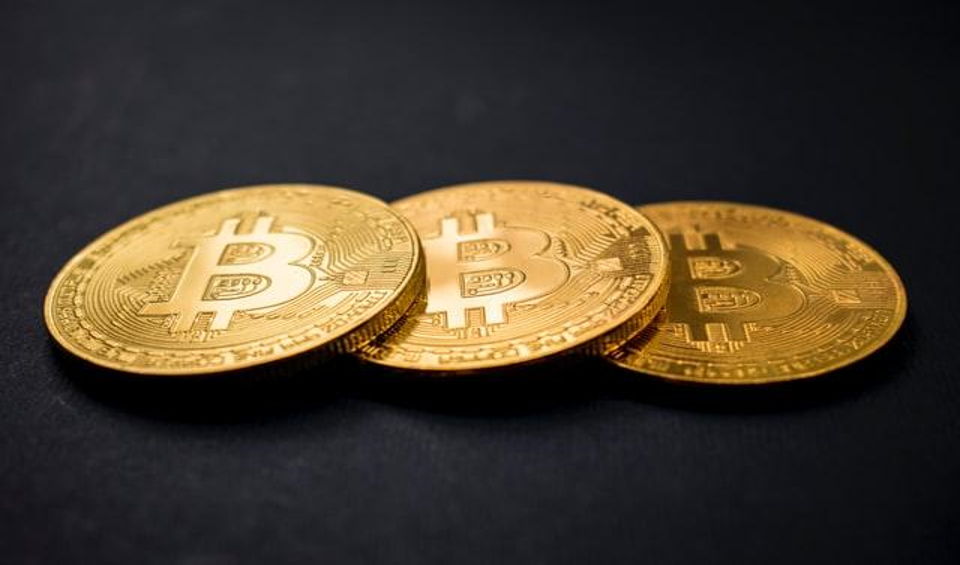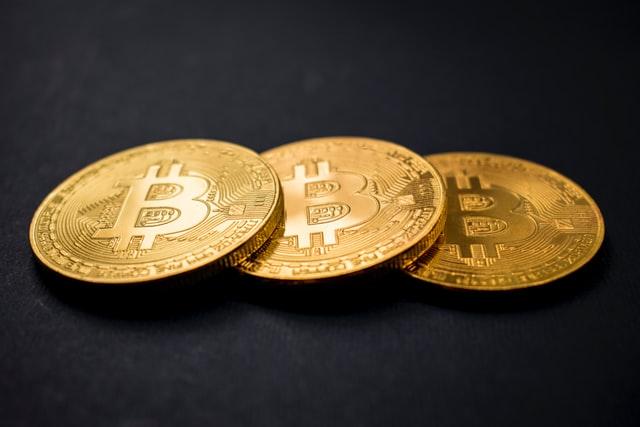If you have invested in Bitcoin, learning how to keep your bitcoins secure will give you peace of mind..
Since its inception in 2009, Bitcoin has been on a global upward trend as an alternate currency form. The beauty of cryptocurrency is that unlike fiat money, nothing tangible changes hands. Bitcoin is decentralized, which eliminates the need for banks.
In November 2020, PayPal, a financial services company that facilitates online payments, made a major announcement to demonstrate Bitcoin’s growth. It revealed that its millions of users would finally be able to buy, sell and store Bitcoin and three other major cryptocurrencies on PayPal, starting January 2021.
Bitcoin is also growing due to publicly-traded companies delving into the conversion of cash held in treasuries into Bitcoin. The most notable of these companies is a business analytics company- MicroStrategy. This company converted $425 million to Bitcoin.
Although it is used as a security currency, there are still a few risks involved. A lot of people who invest in Bitcoins are not aware of these risks.
Image from Unsplash.com
Risks associated with trading and storing Bitcoins
1. Bitcoin Theft
Bitcoins are secured on a system level, but your Bitcoins can be stolen in various ways:
- Crypto-phishing:This is where a fake website can dupe you into thinking it is legitimate and trick you into divulging your login and key details. These details are used to steal your Bitcoins from your wallet.
- Spoofing:A malicious actor may pretend to be selling something, get you to pay, and refuse to deliver on the goods or services.
2. Crypto-ransomware
Crypto-ransomware is a type of malware that is used by hackers to extort Bitcoin from people. The hackers take hostage of your devices or crypto-wallet by encrypting them and demand a ransom for them to decrypt the wallet or devices. Unlike most malware forms that work in the background, crypto-ransomware openly splashes messages across your device screens. The hackers know this will elicit fear and shock, which in turn will force you to pay up.
3. Crypto-jacking
Unlike crypto-ransomware, crypto-jacking is very covert in its attack. Crypto-jacking is the use of another person’s device to mine crypto-currency. The hackers use email attachments or links to dupe their victims. Once you download the attachment or click on the link, crypto-mining code is released into your computer or mobile device.
This code also infects JavaScript code websites and online adverts. The minute the malicious code loads, it begins to self-execute and mine crypto. The code might be present for a long time, and you would never guess it is there.
How to protect your crypto-wallet
You can protect your crypto-wallet from malicious malware and hackers by taking several measures.
1) Installing a VPN
Installing a VPN for protection is a brilliant way to protect your investment. A Virtual Private Network (VPN) encrypts all your data using the AES-256 bit, a military-grade encryption standard used by security agents and banks.
With a VPN, you have the option of using different virtual locations, which hides your IP address and re-allocation. A VPN lets you log into your crypto-wallet securely, even when you are using unsecured Wi-Fi networks. However, you should not use free VPN services but pay for a subscription. The free VPN services make money by selling your data to third parties.
2) Subscribe to a secure email service
To keep your data safe, subscribe to a secure email service, making it hard for hackers to access your email. The email service offer services like:
- End-to-end encryption
- Security restrictions
- Top-notch confidentiality
3) Cold storage and separating funds
Depending on the size of your investment, ensure you own two or three crypto-wallets. Keep the main wallet for trading and transactions, and the other ones for storing your coins. Cold storage refers to an offline crypto-wallet used to store your Bitcoins.
Your wallet is stored on a non-internet-connected platform in cold storage, which means the digital wallet is safe from cyberthreats. The storage wallet should be in an extremely secure location to deter fraud. The private keys should be separated into several parts and stored apart offline.
4) Use multi-signature addresses
The multi-signature address concept involves several people, like 3 or 5, approving a transaction to happen. It works like the concept of a joint-bank account, where one person cannot withdraw without the consent of all account holders. This keeps your coins safe from theft and fraud, as none of the key holders can touch your coins without your express approval.
5) Software Updates
Ensure your software is always up to date. A crypto-wallet that runs on outdated software can easily become a hacking target. The latest crypto-wallet software always has better security features than the previous one. Always make sure you check for updates to the software before you do any transactions.
6) Have good backup
Always ensure you backup your crypto-wallet well in advance. In case your computer crashes, the only way to recover your coins might be the previous regular backups of your digital wallet. Ensure you backup the entire wallet.dat files, then store these files in different locations such as a hard drive, USB, or a CD, and set secure and strong passwords for the backup.
7) Turn off auto-updates
If you have any apps that are linked to your crypto-wallets, turn off the auto-updates. An app bug can wipe out your entire wallet, causing you huge financial losses. After an app update, wait two or three days to ensure it has no bugs. Let other users use the new update first, check for reviews, then update.
8) Strong passwords and multifactor authentication
Hackers can easily guess passwords if they are too obvious or simple. Make your passwords alphanumeric and add special characters. Alongside a password, use multi-factor authentication, either a one-time passcode or biometric methods such as a retina fingerprint scan.
Conclusion
Cryptocurrency is becoming accepted universally as an alternative form of currency. There will come a time when fiat money will be a thing of the past. Bitcoin is among the top four cryptocurrencies and has been touted as ‘unhackable.’
However, cybercriminals always find ways around the security, so you must be very careful while doing transactions and storing your coins.
You have just learned how to keep your bitcoins secure so you now know where to start.






Be First to Comment